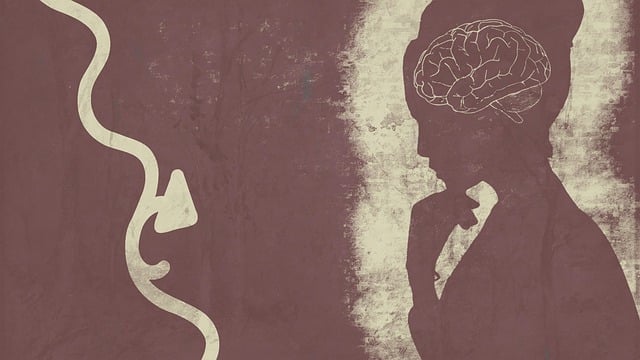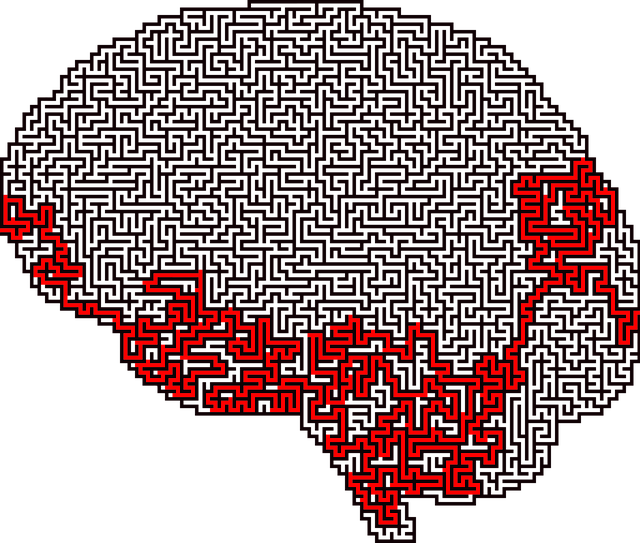In Colorado Springs, providing effective adolescent and teen therapy requires a deep understanding of cultural diversity. Professionals must address unique challenges faced by young people from various backgrounds, tailor approaches, conduct thorough risk assessments, overcome language barriers, and engage community outreach programs. Incorporating practices like mindfulness meditation and culturally sensitive practices is crucial for creating safe, inclusive environments. Training in cultural competency equips therapists to build trust and support diverse youth, facilitating open communication and the development of coping skills tailored to individual cultural influences.
In today’s diverse society, cultural sensitivity is paramount in mental healthcare, especially when catering to adolescents. This article explores the intricate landscape of cultural diversity among teens and its impact on mental well-being. We delve into the barriers faced by adolescents from various backgrounds when seeking therapy, highlighting the need for culturally competent practice. Through a lens focused on Colorado Springs Adolescent and Teen Therapy, we present strategies to enhance accessibility and effectiveness, ensuring every young person receives tailored support.
- Understanding Cultural Diversity in Adolescent Populations
- Barriers and Challenges in Mental Healthcare for Teens from Diverse Backgrounds
- Strategies for Culturally Sensitive Practice in Colorado Springs Adolescent Therapy
Understanding Cultural Diversity in Adolescent Populations

In Colorado Springs, as in many diverse communities, adolescent and teen therapy must account for a wide range of cultural backgrounds and experiences. Understanding cultural diversity is crucial when providing mental healthcare services to this demographic. Adolescents from various ethnic, racial, religious, and socioeconomic groups may face unique challenges and have distinct needs that require tailored approaches. For instance, cultural beliefs around mental health, family dynamics, and communication styles can significantly impact a young person’s experience with therapy.
Professionals in Colorado Springs adolescent and teen therapy should be trained to conduct thorough risk assessments that consider cultural factors. This includes being mindful of potential language barriers and ensuring access to interpreters. Additionally, implementing community outreach programs that engage diverse youth groups can foster trust and encourage early intervention. Incorporating practices like mindfulness meditation, which has shown promise across cultures, can also create a safe and inclusive therapeutic environment.
Barriers and Challenges in Mental Healthcare for Teens from Diverse Backgrounds

Teens from diverse backgrounds often face unique barriers when accessing mental healthcare services in Colorado Springs Adolescent and Teen Therapy settings. Cultural differences, language obstacles, and a lack of understanding or acceptance can create challenges that hinder their willingness to seek help. Many adolescents struggle with internalized stigma related to mental illness, especially within communities where discussion around mental health is not openly addressed. This can lead to delayed care-seeking behaviors, as teens may prefer to isolate themselves rather than reach out for support.
Additionally, systemic issues such as economic disparities and limited access to culturally competent resources contribute to the difficulties faced by these young individuals. The design of Mental Health Education Programs must consider these challenges, incorporating strategies like community outreach, multilingual resources, and trauma-informed care practices to ensure inclusive and effective therapy services. Implementing stress reduction methods and promoting positive thinking can also be tailored to respect diverse cultural beliefs while fostering a safe environment for teens from all backgrounds to heal and thrive.
Strategies for Culturally Sensitive Practice in Colorado Springs Adolescent Therapy

In Colorado Springs Adolescent and Teen Therapy, culturally sensitive practice is paramount for building trust and effectively supporting young clients from diverse backgrounds. Healthcare provider cultural competency training is a cornerstone of this approach. By equipping therapists with knowledge about various cultural norms, values, and belief systems, these training programs enable them to create safe, inclusive spaces where adolescents feel understood and respected. This, in turn, fosters open communication, encouraging teens to share their unique experiences and challenges, be it coping with anxiety relief or navigating identity formation.
Through this training, therapists learn strategies for tailoring their approaches to meet the specific needs of each client. They gain insights into cultural influences that may impact mental health expressions, such as family dynamics, community supports, and traditional healing practices. Incorporating these learnings into therapy sessions facilitates Coping Skills Development, empowering adolescents with tools tailored to both their cultural identities and individual struggles. This holistic approach ensures that therapy is not just effective but also meaningful in the context of each adolescent’s life in Colorado Springs.
In conclusion, addressing cultural sensitivity in mental healthcare is paramount when providing services to adolescents and teens in diverse communities, such as Colorado Springs. By understanding the unique cultural tapestry of our youth and overcoming barriers like language and family dynamics, therapists can create a safe and inclusive environment. Implementing culturally sensitive practices, as discussed in this article, ensures that adolescents from various backgrounds receive the highest quality of care tailored to their specific needs. This approach not only enhances therapeutic outcomes but also fosters a more welcoming and effective Colorado Springs adolescent and teen therapy experience.














